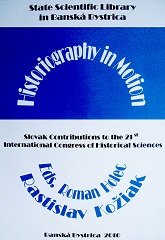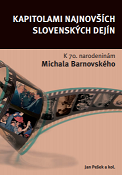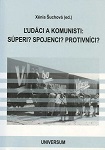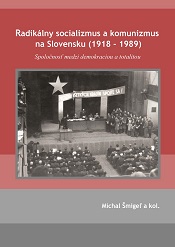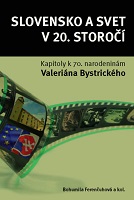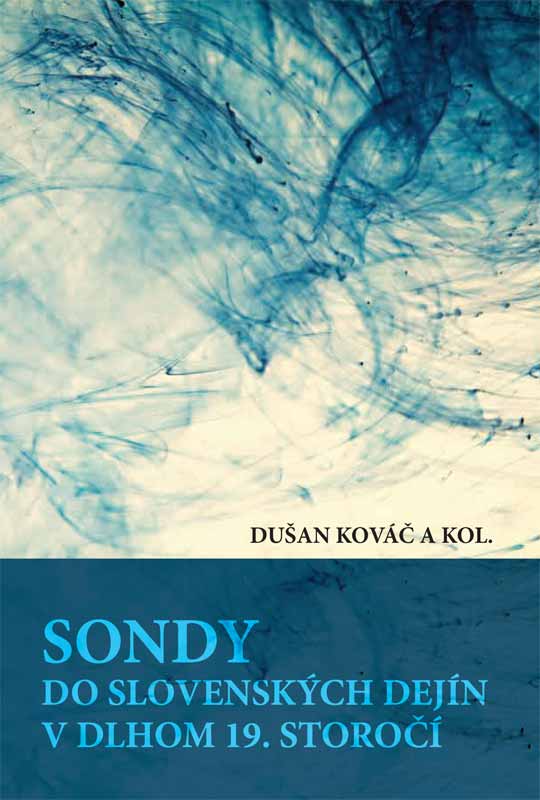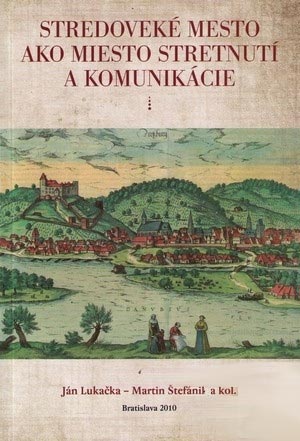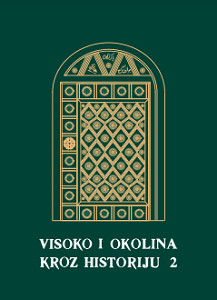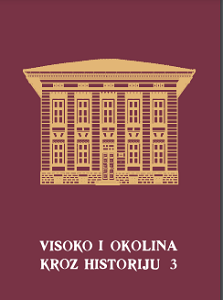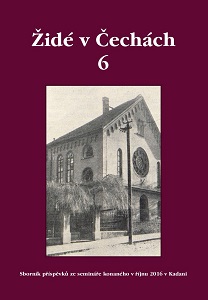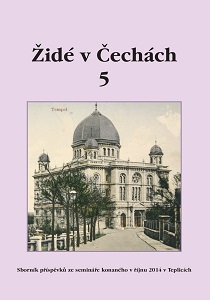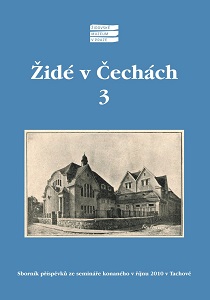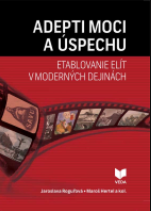
Plánované hospodárstvo vo vybraných krajinách po druhej svetovej vojne
Medzinárodná politická situácia sa v období po druhej svetovej vojne vyvíjala veľmi dynamicky. Roky 1945 – 1947 boli vo svete krátkym mierovým obdobím. Po dosiahnutí vytúženého mieru čakala štáty priamo zasiahnuté vojnou mimoriadne náročná cesta rekonštrukcie hospodárstva. Jej postup bol, najmä v európskych krajinách, pomalší a zložitejší, než sa pôvodne očakávalo. Tento vývoj prehlboval sociálne napätie v jednotlivých štátoch. Široké vrstvy obyvateľstva po strastiach vojnového konfliktu volali po sociálne spravodlivejšej spoločnosti a po odstránení priepastných rozdielov vo vlastníckych vzťahoch. Žiadali vyvlastnenie majetku medzinárodných korporácií a veľkých vlastníkov, ktorí spolupracovali s nacistickým Nemeckom a profitovali z vojnového hospodárstva. Vládlo sklamanie z trhového hospodárstva, založeného na liberalistických princípoch, lebo priviedlo svetovú ekonomiku k veľkej hospodárskej kríze, čoho následkom bol nacistický režim v Nemecku a rozpútanie vojnového konfliktu. Počas vojny sa prehĺbil vplyv štátu v ekonomike, čo umožnilo mobilizovať výrobnú základňu a všetky materiálne a ľudské zdroje k obrovským výkonom. V západných krajinách prežívali progresívne prvky Rooseveltovej politiky. Lákal príklad Sovietskeho zväzu s plánovaným hospodárstvom a štátnym vlastníctvom, ktorý dokázal mnohonásobne zvýšiť vojenský výrobný potenciál a poraziť nacistické Nemecko. Široké masy v Európe ovplyvnil presvedčivý a rozhodujúci podiel Sovietskeho zväzu na víťaznom ukončení druhej svetovej vojny. Zatiaľ čo celá Európa prežívala v tomto období stagnáciu, Sovietsky zväz vybudoval materiálnu základňu, ktorá ho posunula za USA na druhé miesto vo svete v objeme priemyselnej výroby. Po vojne sa preto šírila idea racionálneho hospodárskeho plánu a usmerňovania ekonomiky štátom s cieľom odstrániť krízové výkyvy hospodárskeho cyklu a sociálnych otrasov. Táto myšlienka oslovila široké spektrum politických síl od ľavicových hnutí cez liberálne strany až k politickým zoskupenia pravého stredu. Určitý čas sa javila možnosť konvergencie pozitívnych stránok trhového hospodárstva a centrálne riadenej ekonomiky ako súčasť budovania mosta medzi Východom a Západom, teda medzi Sovietskom zväzom a západnými demokraciami, dočasne spojený- mi v protihitlerovskej koalícii. Európska pravica, skompromitovaná mníchovskou politikou a kolaboráciou s nacizmom, však stratila svoje politické pozície. Súhrn týchto faktorov spô- sobil prudké otočenie Európy doľava. Najsilnejšou stranou vo Francúzsku sa stali komunisti, ktorí participovali na vládnutí. Vo Veľkej Británii zvíťazilo ,,pokrokové“ krídlo Strany práce. Obidve vlády v najsilnejších západných európskych krajinách pripravili racionalizačné programy a prihlásili sa k myšlienke plánovitého riadenia.
More...
